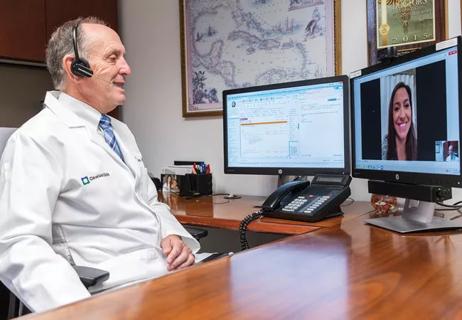Category debug info: client: {"assets":{},"datasets":{},"live":{},"projects":{},"users":{},"observable":{"assets":{},"datasets":{},"live":{},"projects":{},"users":{}}} Now: 1770617020106 Cache Key: cqdDataBySlug:all-specialties fetchCache[cqdDataBySlug:all-specialties].expirationTime: falsey fetchCache[cqdDataBySlug:all-specialties]. seconds remaining: falsey All fetchCache expiration times: -- Key: cqdNotFoundPage, seconds remaining: -73 -- Key: cqdDataBySlug:obgyn-womens-health, seconds remaining: -25554 -- Key: cqdPostsByCategory:cqd-migrated-category-2527,22,10, seconds remaining: -25535 -- Key: cqdDataBySlug:pleural-complications-after-lung-transplant-worsen-allograft-function-survival, seconds remaining: -23498 -- Key: cqdPostsByCategory:cqd-migrated-category-2527,12,10, seconds remaining: -22611 -- Key: cqdDataBySlug:the-case-for-a-2-0-version-of-teleneurological-care, seconds remaining: -22017 -- Key: cqdDataBySlug:crohns-surgical-update-unique-model-and-score-for-al-risk-prediction, seconds remaining: -21007 -- Key: cqdPostsByCategory:cqd-migrated-category-2527,18,10, seconds remaining: -18199 -- Key: cqdPostsByCategory:cqd-migrated-category-2527,31,10, seconds remaining: -17298 -- Key: cqdDataBySlug:news-insight-pulmonary, seconds remaining: -15567 -- Key: cqdPostsByCategory:cqd-migrated-category-2636,1,10, seconds remaining: -14957 -- Key: cqdDataBySlug:case-study-transplant, seconds remaining: -15110 -- Key: cqdPostsByCategory:cqd-migrated-category-2638,1,10, seconds remaining: -14540 -- Key: cqdDataBySlug:automated-data-retrieval-expedites-prior-authorization-process, seconds remaining: -13409 -- Key: cqdDataBySlug:optimizing-outcomes-in-sacral-neuromodulation-for-overactive-bladder, seconds remaining: -73 -- Key: cqdDataBySlug:s-a-f-e-script-to-reduce-falls, seconds remaining: 2338 conditions: -- false, -- NA, -- NA, -- NA -- false Cache miss for key cqdDataBySlug:all-specialties - retrieving from Sanity CCCache.dataFetchCount: 8521 Cache cleanup seconds remaining: 1801
Advertisement
Advertisement
Women most likely to move past hesitancy upon advice by their doctors
Substantial increase in outpatient virtual visits in 2019
Advertisement
Cleveland Clinic is a non-profit academic medical center. Advertising on our site helps support our mission. We do not endorse non-Cleveland Clinic products or services. Policy
Rendered: Mon Feb 09 2026 06:03:40 GMT+0000 (Coordinated Universal Time)
9500 Euclid Avenue, Cleveland, Ohio 44195 |
800.223.2273 | ©
2026 Cleveland Clinic. All Rights Reserved.

